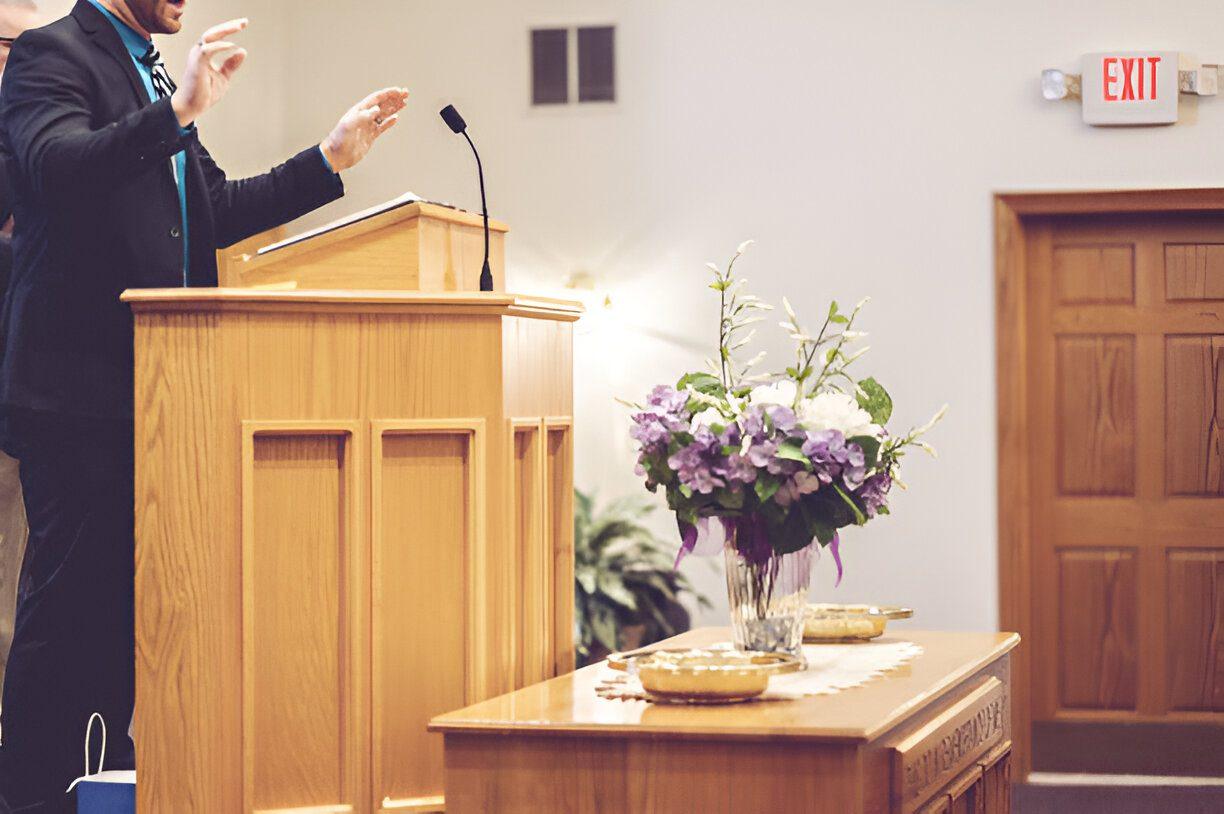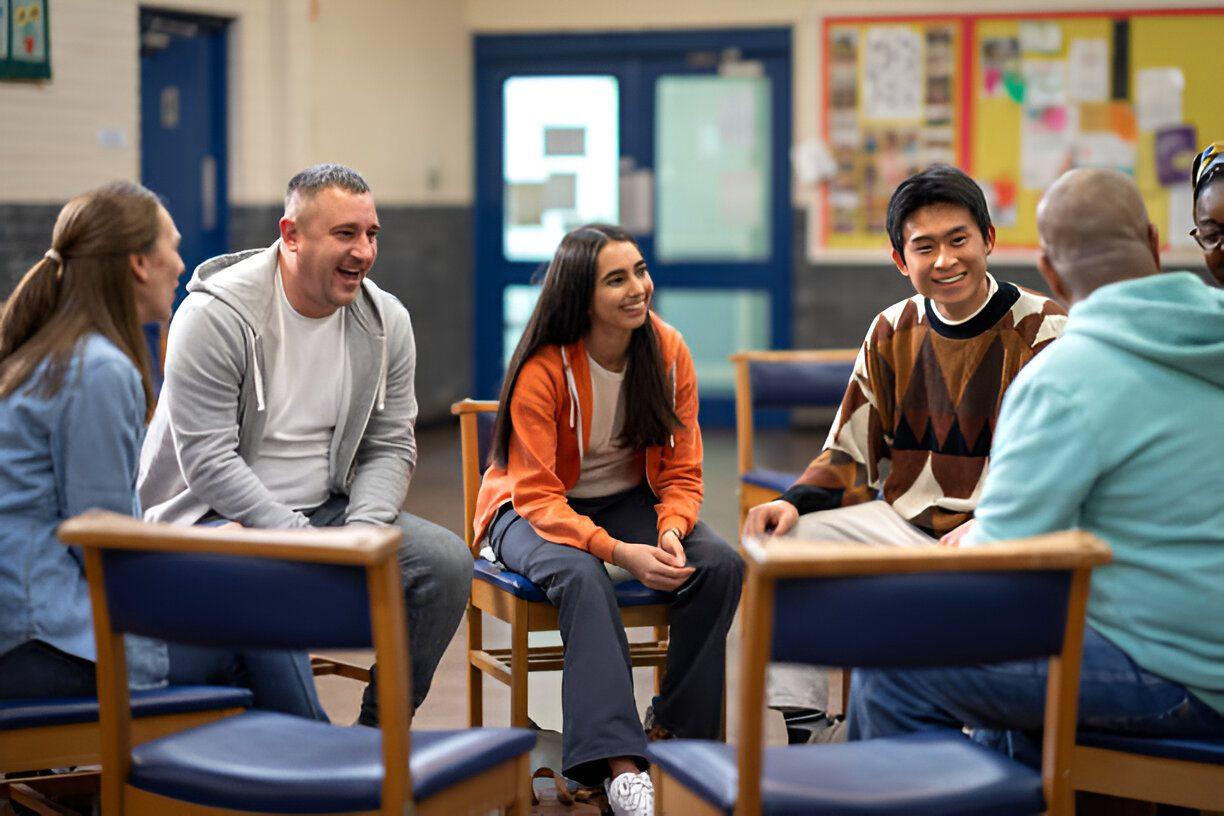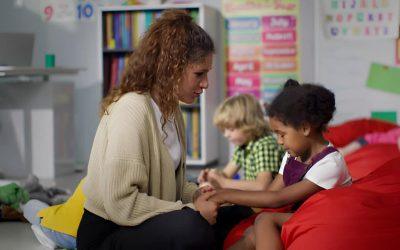A Guiding Hand Remembered
When a trusted teacher or mentor passes away, the loss resonates far beyond the classroom or office—touching the ambitions, identities, and hopes of countless students, colleagues, and community members. In the wake of such a profound departure, we find ourselves searching for ways to mourn personally, grieve collectively, and carry their values forward.
“Losing my mentor felt like losing both a compass and a cheerleader. Their belief in my potential shaped who I am today.”
A Lasting Mark on Lives

The Ripple Effect of Losing a Beloved Teacher or Mentor
The passing of a beloved teacher or mentor resonates deeply, affecting the lives of students, colleagues, and communities alike. Their influence often transcends the roles they officially held, making their loss a profound turning point for many. This article explores the emotional and practical ripples of such a loss and how we can honor their legacy.
Understanding the Impact
A Personal Loss:
For students and mentees, a teacher or mentor often serves as a guide, confidant, and motivator. Losing them can feel like losing a part of one’s foundation, as they often play a role in shaping aspirations, confidence, and identity.
An Institutional Gap:
In schools, universities, or professional organizations, these individuals often carry a unique blend of leadership, knowledge, and passion. Their absence leaves a void in culture and vision that may take years to fill.
Community Mourning:
Beloved mentors often contribute beyond their classrooms or offices. They impact community projects, champion values, and inspire action, making their loss a shared grief that unites many in remembrance.
Navigating the Ripple Effect
Honoring Their Memory:
- Memorial Gatherings: Host events where colleagues, students, and community members share stories and celebrate the mentor’s contributions.
- Scholarships or Endowments: Establish funds or awards in their name to support future learners or professionals, extending their influence.
- Creating Educational Tributes:
- Dedicated Spaces: Name a classroom, lecture hall, or even a scholarship after them, giving a physical or symbolic place to their memory.
- Teaching Their Philosophy: Incorporate their values and approaches into curricula or professional training programs.
- Community Service in Their Name:
Launch initiatives or projects aligned with their passions, such as literacy campaigns, leadership workshops, or outreach programs.
The Emotional Aftermath
Layers of Grief:
- Personal Sorrow: Students may mourn not just the person but the advice, guidance, and encouragement they’ll no longer receive.
- Professional Doubts: For those building careers under their mentorship, the loss can bring uncertainty about the future.
- Collective Sadness: Communities and institutions might struggle with the sudden absence of an anchor.
- A Challenge to Identity:
When mentors help define one’s sense of self or purpose, their loss can leave individuals feeling unmoored. This is especially true for those in formative stages of their personal or professional journeys.
Psychological Support for Healing
Facilitating Emotional Recovery:
-
- Grief Counseling: Recognize the depth of loss and offer resources for those struggling emotionally.
- Reflection Groups: Create forums where individuals can share how the mentor impacted their lives, fostering connection and mutual healing.
Promoting Growth from Loss:
-
- Workshops on Resilience: Turn their teachings into life lessons on how to face challenges and grow from adversity.
- Journaling and Storytelling: Encourage personal reflection through writing or storytelling, preserving their impact while aiding in grief.
Sustaining Their Legacy
-
Mentorship Programs:
Establish or strengthen mentorship opportunities modeled after their values, ensuring future generations benefit from the same principles. -
Preserving Their Work:
Compile their writings, lectures, or personal philosophies into digital archives, books, or documentaries. These resources allow their insights to remain accessible for years to come. -
Annual Tributes:
Hold events that honor their memory, such as a “Mentor’s Day,” featuring guest speakers, workshops, or service activities inspired by their work.
Long-Term Influence
-
Transforming Educational Culture:
The loss of a mentor often prompts institutions to reflect on their values and approach, leading to positive changes inspired by the departed leader’s example. -
Inspiring Successors:
Their story can encourage others to step into teaching or mentorship roles, continuing the cycle of guidance and inspiration. -
Embedding Their Memory in Community Life:
As time passes, their contributions become woven into the fabric of the community, influencing its identity, priorities, and future direction.
“A teacher’s legacy is not confined to the classroom walls—each life they touch becomes a chapter in their ongoing story.” — Daniel K.
Things To Try This Week!
- Reflective Gathering: Organize a small circle—on campus, online, or in your local community—to share personal anecdotes or lessons learned from the mentor.
- Legacy Project: Create a bulletin board, digital space, or scrapbook filled with their quotes, photos, and guiding principles, keeping their voice alive for current and future learners.
- Mentorship Volunteer: Whether formally or informally, offer guidance to someone just starting in a field the mentor cared about, passing along the wisdom you received.
Conclusion
The loss of a beloved teacher or mentor is more than a personal sorrow; it’s a communal shift. By cherishing their memory and carrying forward their vision, we transform grief into growth. Their legacy becomes a living testament, inspiring new generations to strive for excellence, compassion, and leadership. In this way, their influence ripples outward, touching lives and shaping the future, long after they are gone.
Even when a cherished mentor is no longer present, the lessons they imparted remain potent.
Visit our cherish section for supportive keepsakes, ideas for continued mentorship, and reflective practices that help perpetuate their values—fostering growth and inspiration for years to come.
Friends & Community: Holding Onto the Bonds That Shape Us
Friendships connect us in life-changing ways, and losing those connections can leave us seeking new footing. Here, explore resources and reflections that validate your grief, offer comfort, and honor the unique imprint of a cherished friend.
More Reflections, More Growth
Loss is complex, and the road to healing is different for everyone. These reflections offer insight, support, and guidance as you navigate this journey.
When Shared Laughter Fades: Grieving the Loss of a Best Friend
Losing a best friend is one of life’s most profound sorrows. Whether due to death, distance, or the end of the friendship, the grief touches every part of your life. This guide offers support, practical steps, and hope to help you honor the bond and find healing.
When a Friend’s Loss Becomes Your Grief
When a friend’s loss becomes your grief, it’s a testament to the depth of your connection. Learn how to navigate empathy-driven sorrow, support your friend, and manage your own emotions.
Carrying the Torch: Honoring the Loss of a Community Leader
The passing of a community leader leaves a void in the heart of the community. Learn how to honor their memory, celebrate their contributions, and ensure their legacy inspires future generations.
How Friendships Can Help Heal After Loss: Support and Recovery
Friendships offer emotional support, shared memories, and companionship that are invaluable during grief. Learn how the power of connection can guide you through healing after loss.
Supporting Grieving Students in the Classroom: A Teacher’s Guide
Grief in young students often appears as confusion, withdrawal, or even unexpected bursts of emotion. Teachers, as pillars of stability, can make a profound difference. This guide offers practical strategies, heartfelt insights, and tools to create a compassionate classroom where grieving children feel supported and understood.”
Explore Journeys of Healing and Solace:
Discover dedicated spaces that offer understanding, guidance, and connection through grief. From the loss of loved ones to life’s challenging transitions, each category provides a pathway to reflect, connect, and find peace in shared experiences.






















